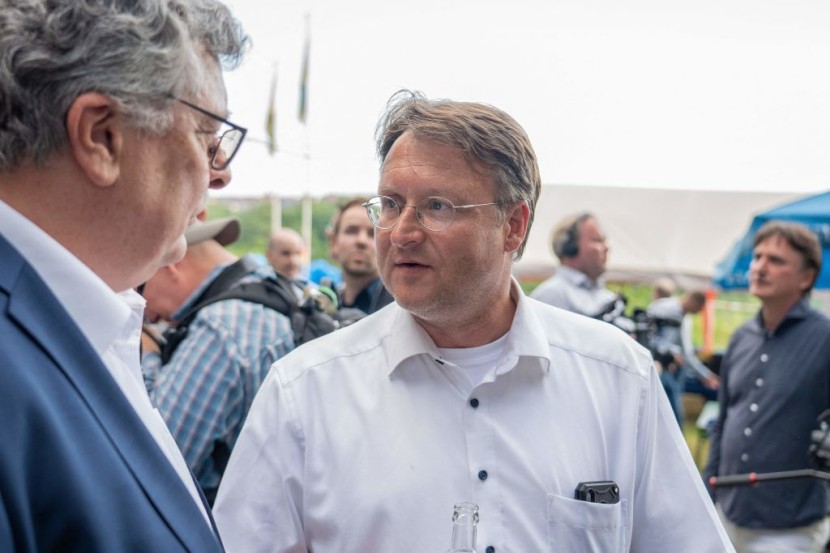
In a historic win, a candidate for the far-right Alternative for Germany party has won the group's first election with the achievement of taking a district administrator seat.
The situation marks the party's first electoral win since it was founded a decade ago and is seen as capturing such a prominent regional post. The candidate in question is Robert Sesselmann, who won 52.8% of the vote to beat incumbent Jurgen Kopper from the conservative Christian Democratic Union, who only got 47.2%.
Far-Right German Party's Electoral Victory
The local election result also added to concerns from other parties that have struggled to address the rise of the AfD. While the post the Alternative for Germany party won is comparable to that of a mayor of a medium-sized German town, the victory still resonated throughout the nation.
This resulted from two breakthroughs; the first is that despite the party's presence in Parliament, it has yet to have bureaucratic authority over an area. The second is that it has never had the support of a majority of a district's voters before, as per the New York Times.
In a post on Twitter, the co-chair of the federal Green Party, Ricarda Lang, said that the result of the district council election in Sonneberg was "disturbing." She added that the AfD's victory was a warning to all democratic forces. Lang said that it was now time for all democratic forces, regardless of all disputes on various issues, to defend democracy together.
The far-right party's electoral win was seen as especially troubling because of its mainstream counterparts. This was partly because the race in Sonnberg was focused on criticism of federal politics, and it mostly bypassed issues such as parking, garbage, and local finances, usually the foundations of district campaigns.
Furthermore, the AfD's win was seen as the first concrete sign of success amid a general surge in its popularity. Recent polls showed that if elections were held now, the Alternative for Germany party would get roughly 20% of the nationwide votes, which is only second to the CDU, one of the country's major parties.
Rising Concern Among Democratic Parties
In response to the AfD's win, Green lawmaker Katrin Goring-Eckardy, also one of the vice chairs of the Bundestag, said that she was "dismayed" by the result of the election in Sonneberg, according to Politico.
However, Goring-Ekcardt added that she believes that Sonneberg, considered among Germany's smallest districts, having only 48,000 eligible voters, cannot be compared to the rest of Thuringia, much less the entire nation.
But concern for the rise of the Alternative for Germany party in national polls still exists as recent data showed that the average of national polls showed that AfD had overtaken German Prime Minister Olaf Scholz's Social Democratic Party (SPD) as the second-most-popular political party.
The AfD has been taking advantage of a high that comes as Scholz's governing coalition with the environmentalist Greens and the pro-business Free Democrats facing various issues. These include high immigration, the replacement of millions of home heating systems, various reports of infighting, and high inflation, said the Associated Press.
Related Article: Kyriakos Mitsotakis Hails New Democracy Win in Greece Elections
© 2025 HNGN, All rights reserved. Do not reproduce without permission.








